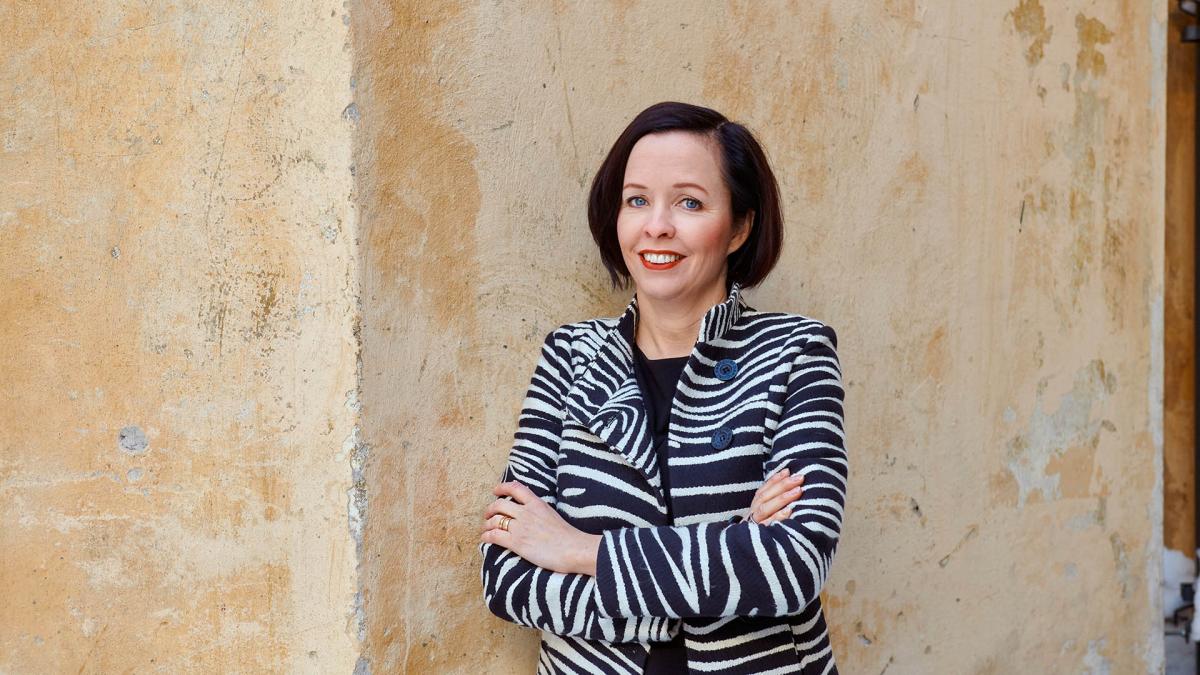Art and culture increase the pull of Finland
Many people are under the impression that foreign students leave back to their home country after completing their degree. But at Uniarts Helsinki, this isn’t the case: every three out of four international degree students are still in Finland a year after their graduation, writes dean Emilie Gardberg.

Work-related immigration is a topical theme as we’re getting closer to the parliamentary elections. The Finnish population is declining, but elsewhere the trend is the opposite. In the future, Finland will need population growth to maintain a competitive economy and a thriving society. A great way to successfully integrate to a new country is through studies, because the academic communities and networks can help in putting down roots in a new society and culture.
The Finnish Ministry of Education and Culture launched a national programme called Talent Boost to improve the universities’ ability to attract international students and have them later find permanent home here in Finland. The programme talks about Finland’s ability to attract and retain talent, which means the international attractiveness of Finland as a country for studies but also as a place to live and work in after graduation.
A record-breaking number of people are interested in the arts sector, and an increasingly high number of applicants are international. In the most recent admissions cycle, a half of the applications to the Sibelius Academy were from international students. What explains this popularity?
The Finnish arts education has a tremendously good reputation. Uniarts Helsinki’s Sibelius Academy, where I serve as the dean, has repeatedly placed among top schools in the global QS ranking where it competes against the higher education institutions of some of the biggest music metropolises, such as New York, London and Vienna. In Erasmus surveys for exchange students, Uniarts Helsinki has received the best scores compared to all Finnish universities. Students value our education thanks to its quality, personal tailoring and the meaningful and motivating student community.
Many people are under the impression that foreign students leave back to their home country after completing their degree. But at Uniarts Helsinki, this isn’t the case: every three out of four international degree students are still in Finland a year after their graduation. That means that we’ve been able to attract and retain talents in Finland even before Talent Boost: they’ve enjoyed their time so much that they’ve stayed and continued their careers here and contributed to the development of the Finnish society.
Art and culture are wonderful fields for those who have newly immigrated. Music traditions are often global, and the universal language found in music strengthens communication and enables cooperation even when not everyone speaks the same language. It’s easy to find a community and a home, because people around you already share a joint passion – music.
Besides our students, we also serve society on a more general level. Finland has a strong brand as one of the powerhouse countries in music. This brand attracts people to Finland, even those who are not professionally tied to the music industry.
There are many things that factor into a decision to move to a different country. The most important reasons include a new job and the chance to fulfil one’s aspirations. The arts sector offers both of these things. Strong investments in the arts sector will increase Finland’s international pull and visibility in the eyes of both job applicants and potential students. In the future, we will be more dependent than ever before on creative talents who are capable of discussing, interpreting and expressing the complex connections and phenomena of our world. This is where arts education and a life-long relationship with art will play a key role.
Emilie Gardberg
Dean
Uniarts Helsinki’s Sibelius Academy
The text was originally published in Hufvudstadsbladet on Friday, 17 March 2023. In spring 2023 before the Finnish parliamentary elections, we will publish opinion pieces on society and art. Gardberg’s piece is the fourth addition to the series.